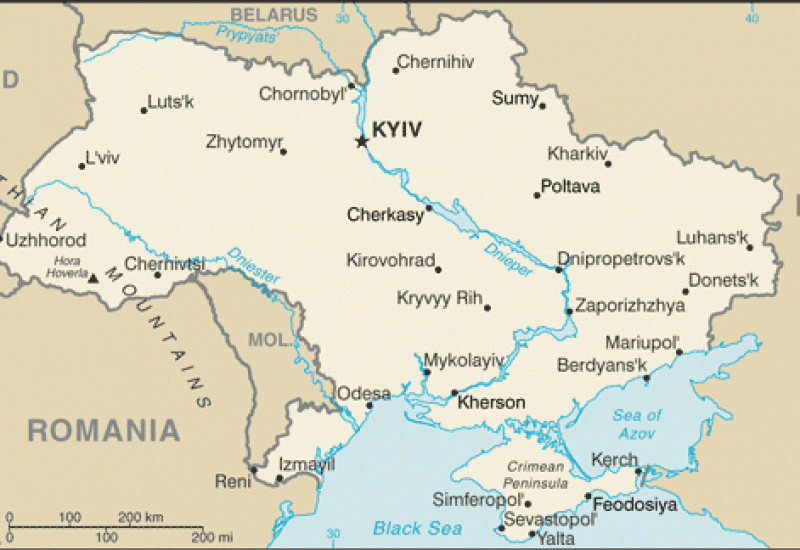- December 14, 2015
- 12:43 pm
- Constitutional Change
by Dr. Alkmini Fotiadou, Centre For European Constitutional Law.
In recent years we are increasingly challenged to revisit the notion of emergency powers. The response to the Paris attacks is only the latest episode, while the concept of (undeclared) emergency was frequently used in the financial crisis jurisprudence.
In a very interesting paper, Christian Bjørnskov (Aarhus University Denmark) and Stefan Voigt (University of Hamburg, Germany) point out that little is known about the amount of additional powers granted to governments acting under a state of emergency, the trends in the evolution of emergency provisions over time, and the factors that cause societies to adopt them in the first place.


